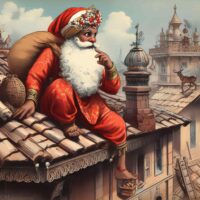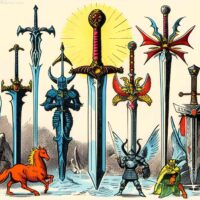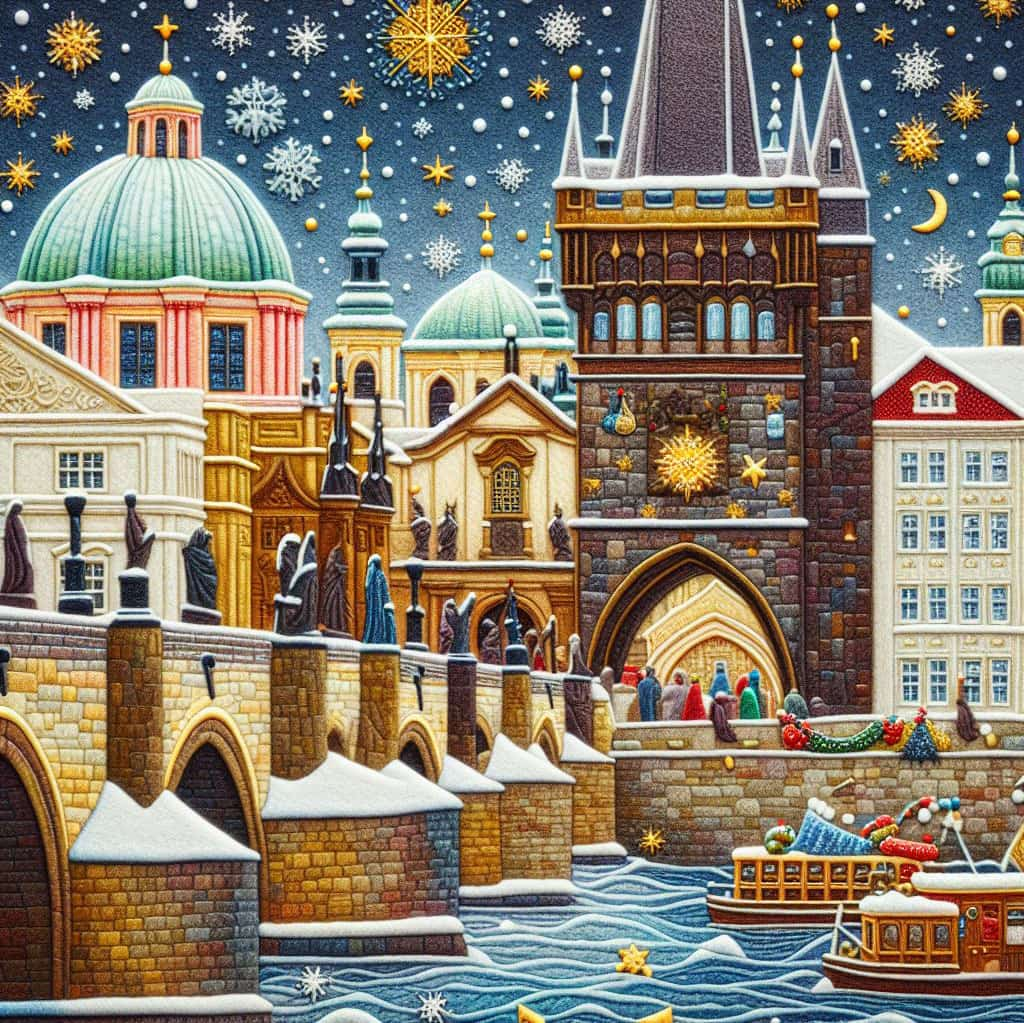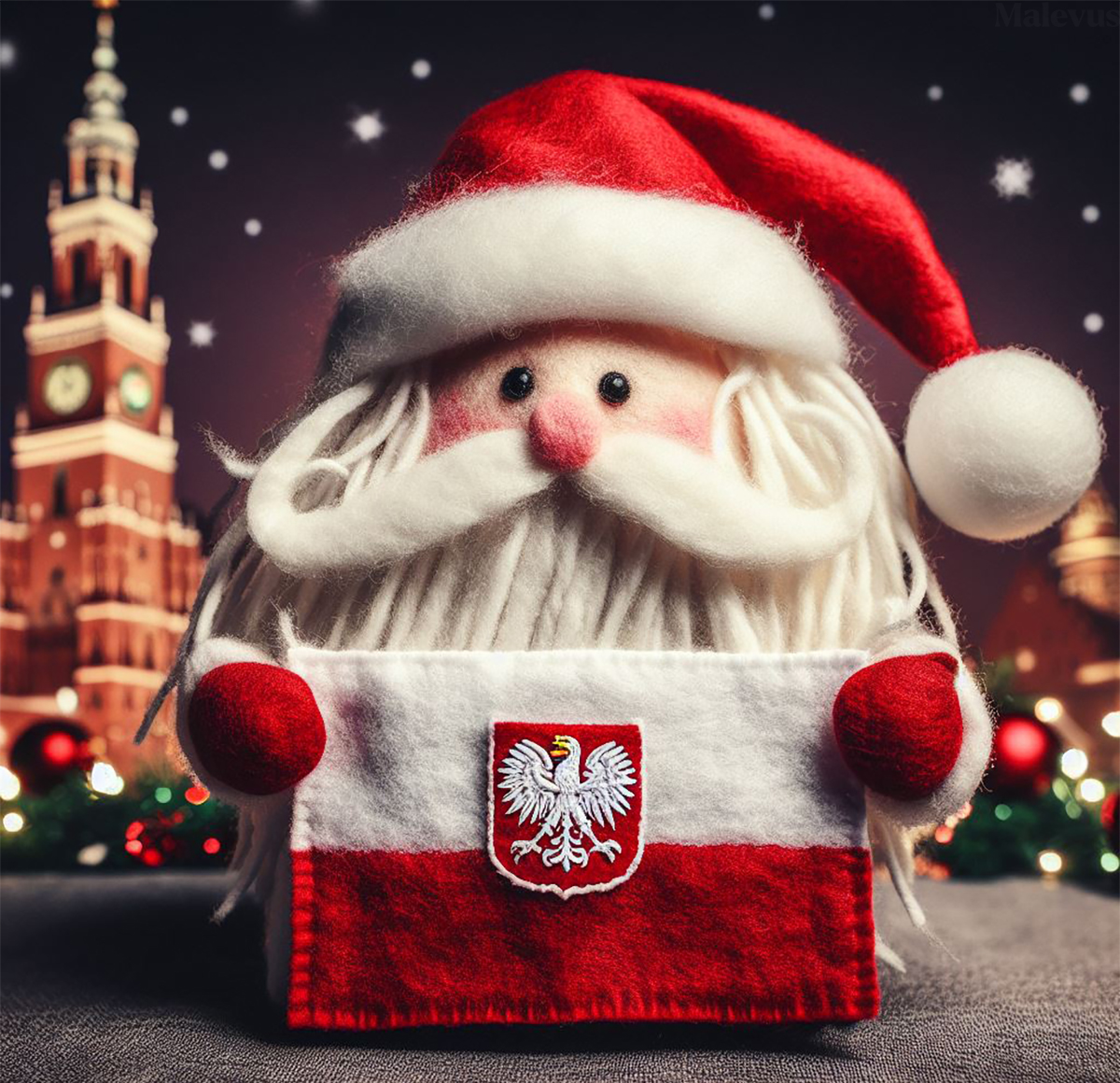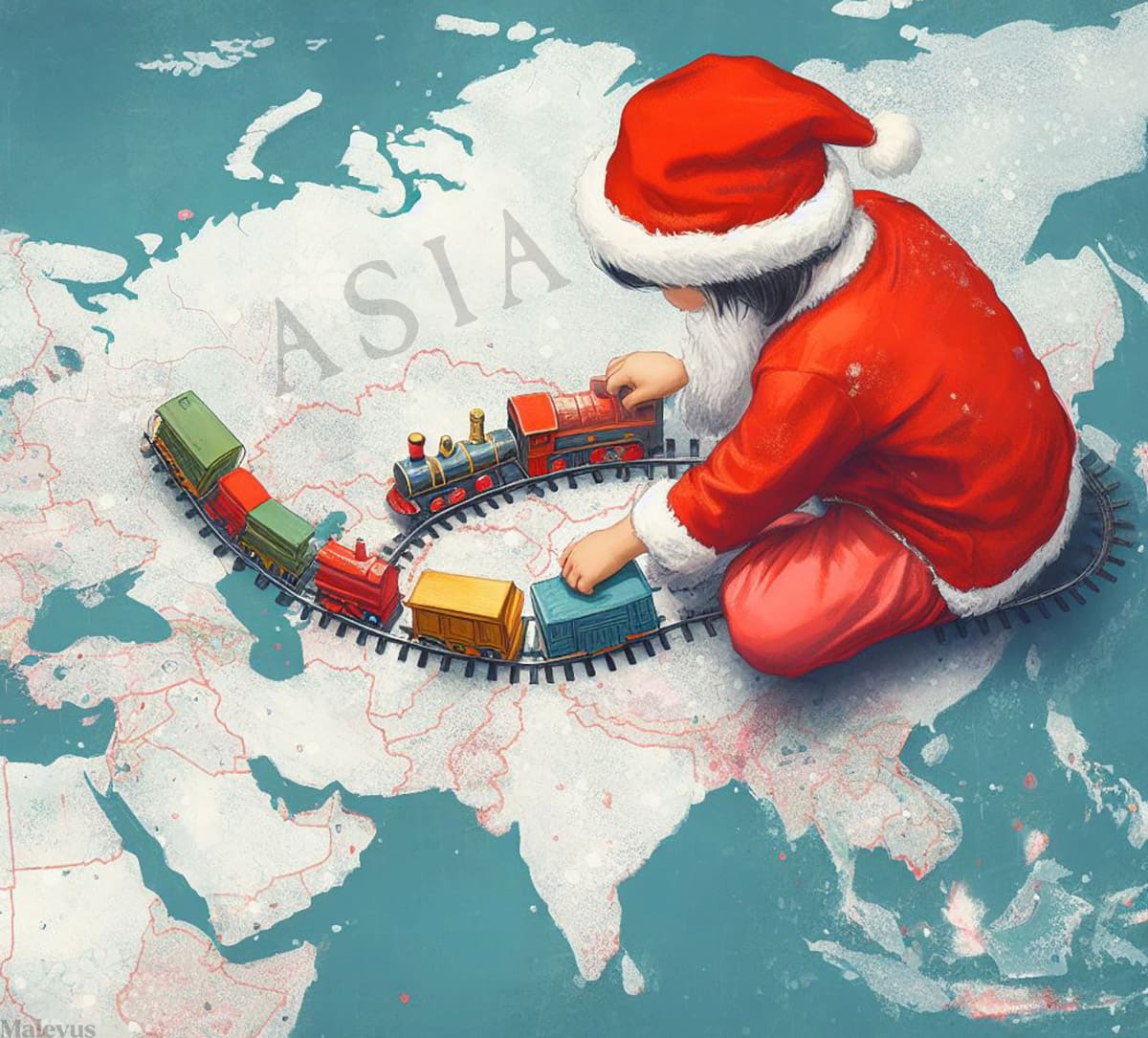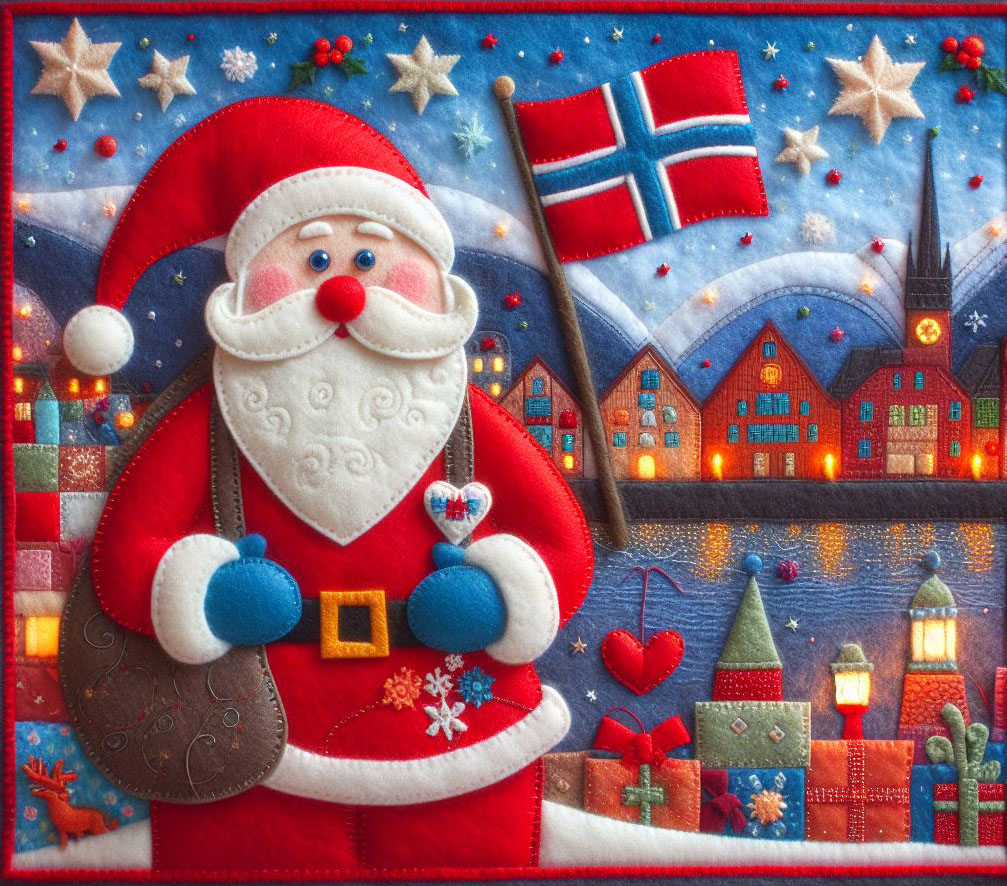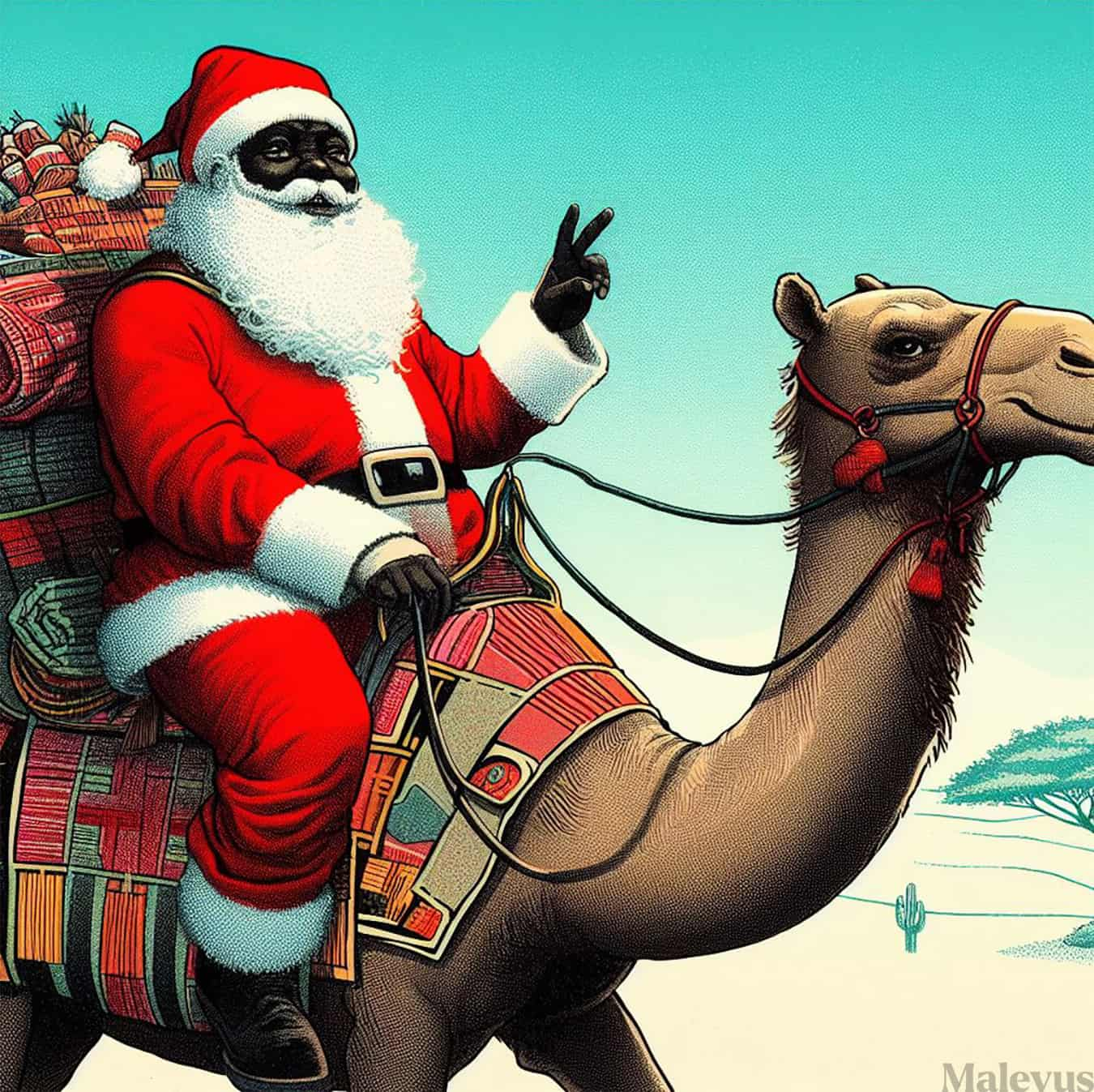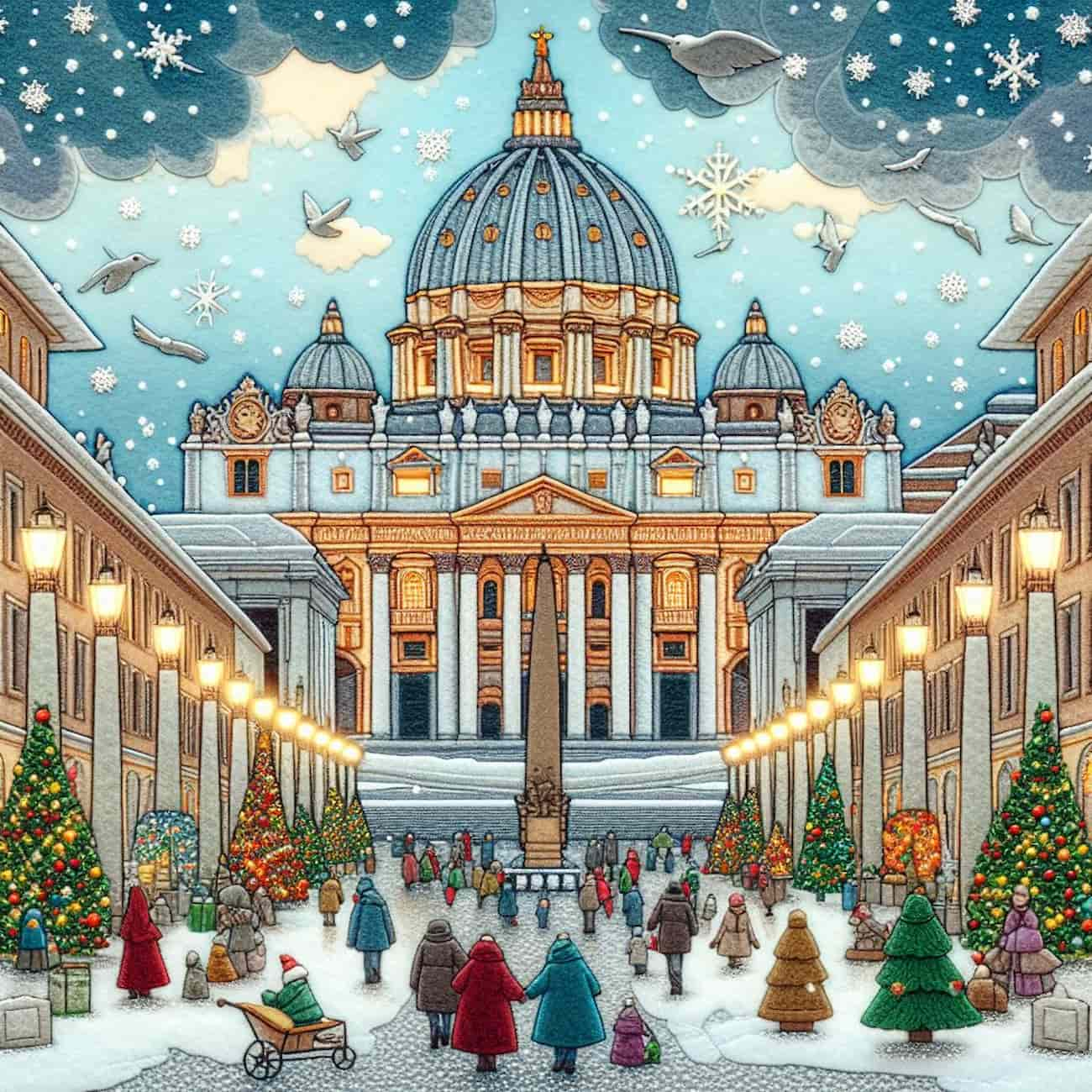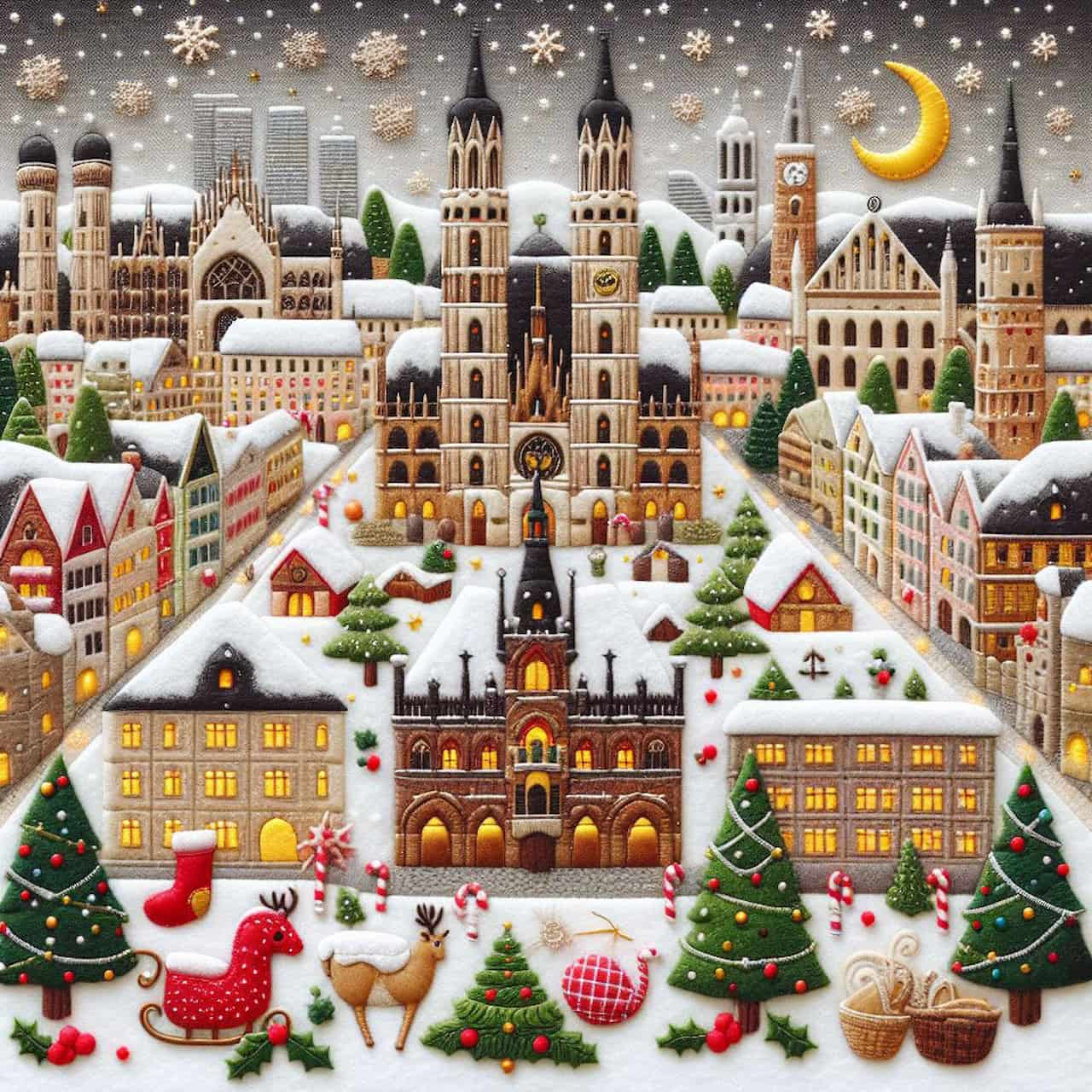Christmas and Christianity have been illegal in China for almost a century, but a secularized version of the holiday has become popular in the country. In recent years, Christmas in China has taken on a Chinese flavor while still including familiar elements like trees and lights. The Chinese Communist Party (CCP) has banned Christmas on the mainland since 1949 and Christmas festivities of any type, even in houses of worship, are illegal on paper. The reason for this ban is to assist in the “sinicization” of the celebration of Western holidays and customs.
-> See also: Do Indians Celebrate Christmas? They Love It
China’s View on Christmas
Christmas is not a national holiday in China, but it has been growing in popularity in the country in recent years. More than 20 million Christians in China celebrate Christmas with the same or even more fervor than their Western counterparts. Other (often young) Chinese people also celebrate a tuned-down but still flashy version of this holiday. But outside of the Christian minority, Christmas is not generally observed in China.
- A Non-Religious Holiday: The festivities have nothing to do with religion outside of China’s Christian population which is around 2% or 23 million. It’s grown into one of the most anticipated yearly events in China’s metropolises.
- It’s a Valentine’s Day: Many young Chinese people celebrate Christmas in the same vein as Valentine’s Day. This is the season for romanticism and dates. Chinese people go to ice skating rinks and amusement parks for Christmas. Japan also sees this holiday in a similar vein.
- Marketable Quality: Promotional events are organized at Chinese stores and shopping centers to encourage customers to make purchases during Christmas. On Christmas Eve, you may have a Christmas supper at a restaurant. Many stores are decorated with Christmas trees, lights, and other touches as a Westerner would have come to expect.
- Gift-Giving Tradition: One custom of Chinese Christmas is the exchange of apples as presents on Christmas Eve. In Mandarin Chinese, the word for “apple” (苹果 píngguǒ / ping-gwor) sounds very similar to the word for “peace”. This word is used for Christmas Eve and the carol “Silent Night.”
The Chinese New Year vs. Christmas
One other reason Christmas is less popular in China is that the Chinese New Year generally falls between January 21 and February 20. So, it’s hard for China to blend Christmas festivities with New Year’s festivities, unlike many other nations. To not celebrate something twice, China puts more emphasis on the Chinese New Year. The Chinese New Year spans across more beliefs and regions in China than Christmas.
Also known as the Spring Festival, it holds immense cultural significance, is deeply rooted in the country’s history and is tied to the lunar-solar Chinese calendar. It is a time for family reunions, akin to Christmas in Western countries. This tradition, spanning centuries, is the most popular holiday in China, lasting about 15 days.
In contrast, Christmas, a relatively recent introduction, is viewed more as a Western tradition. The practices during the Chinese New Year, such as giving red envelopes (to ward off evil spirits), reunion dinners, and house cleaning for good luck, are observed across the country, while Christmas practices, like decorating trees and exchanging gifts, are less common and mostly found in larger cities and regions with significant Christian populations.
-> See also: Do Muslims Celebrate Christmas? A Strong No
How Christmas is Celebrated in China
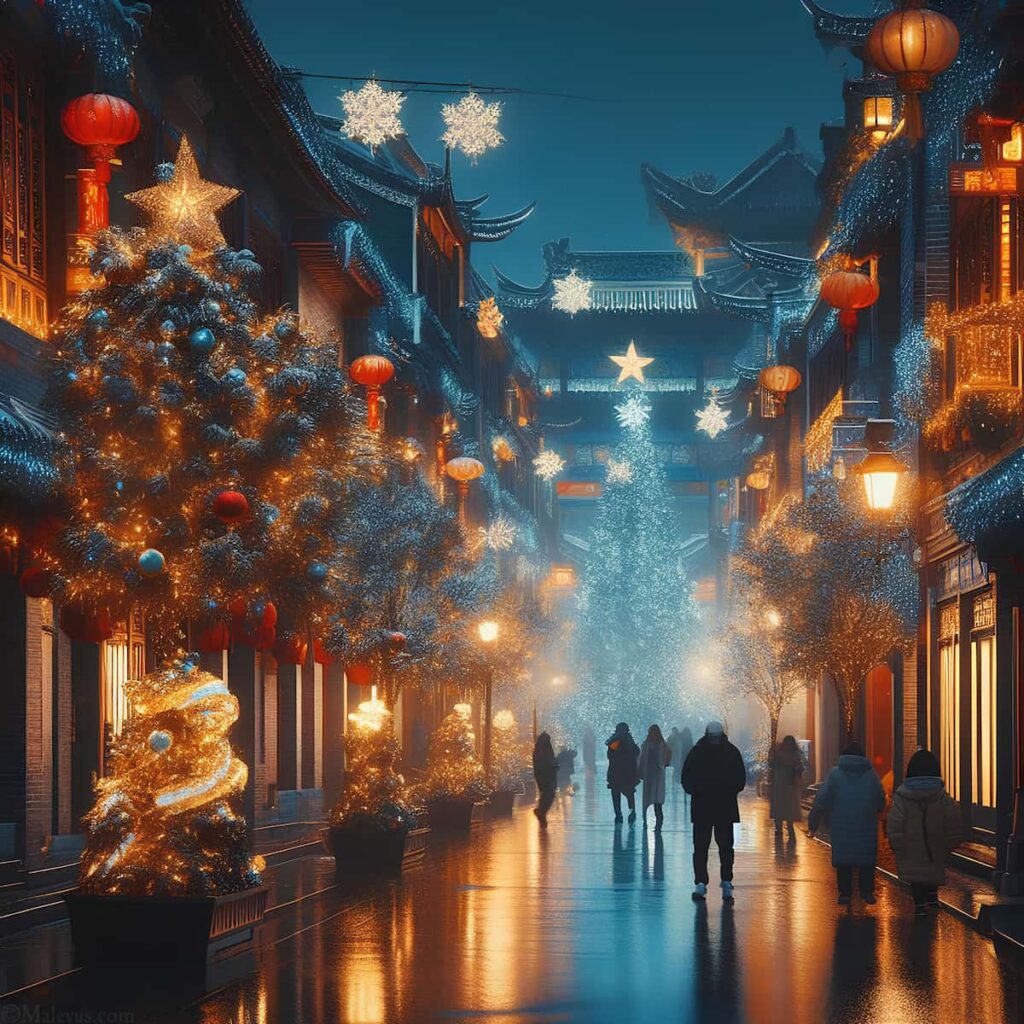
The Chinese government has campaigned against religious observances like this due to its declared state atheism but more people in China continue to celebrate Christmas every year. They celebrate it in a manner distinct from Western customs, giving it a Chinese flavor.
Christmas Eve Instead of Christmas Day
In the West, Christmas Day tends to take center stage, while in China, Christmas Eve takes center stage. It is a time for young couples to exchange presents and organize romantic activities, similar to Valentine’s Day. “Christmas Eve dinners” are offered at restaurants and promotions are staged in stores and malls to encourage spending.
Typical Decorations
In big cities, like Shanghai and Beijing, there are typical Christmas trees, lights, and other decorations on the streets. But just a minority of Chinese households have a Christmas tree, and those that do often choose a plastic one decked up with paper garlands, flowers, and lights. Unlike in the West, stores are open during Christmas.
Santa Claus is a Popular Figure
In China, Santa Claus is known as ‘Sheng dan lao ren’ (聖誕老人, literally “Old Christmas Man”), and he is seen as a secular person who resides in a mythical Arctic Christmas Village at China’s North Pole. A Santa Claus on duty can be seen strolling the aisles of a Chinese shopping mall, accompanied by costumed ladies. Because in China, Santa’s helpers are his sisters. It’s not uncommon for mail carriers in large cities to don Santa suits in the days leading up to Christmas. Even though not many people know about or comprehend carol singing, some individuals still do it.
“Christmas Greeting”
In China, there is a thing called “Christmas greeting.” On Christmas, Chinese people exchange greetings, which are referred to as 圣诞快乐 (shèng dàn kuài lè), simply meaning “Merry Christmas” in Mandarin.
Some Chinese Are Not Fond of Christmas
Over the last two decades, Christmas has been divisive in China, with some nationalists calling for it to be abolished as an incursion of Western soft power. The celebration of this festival, they say, might lead to the erosion of Chinese culture.
History of Christmas in China
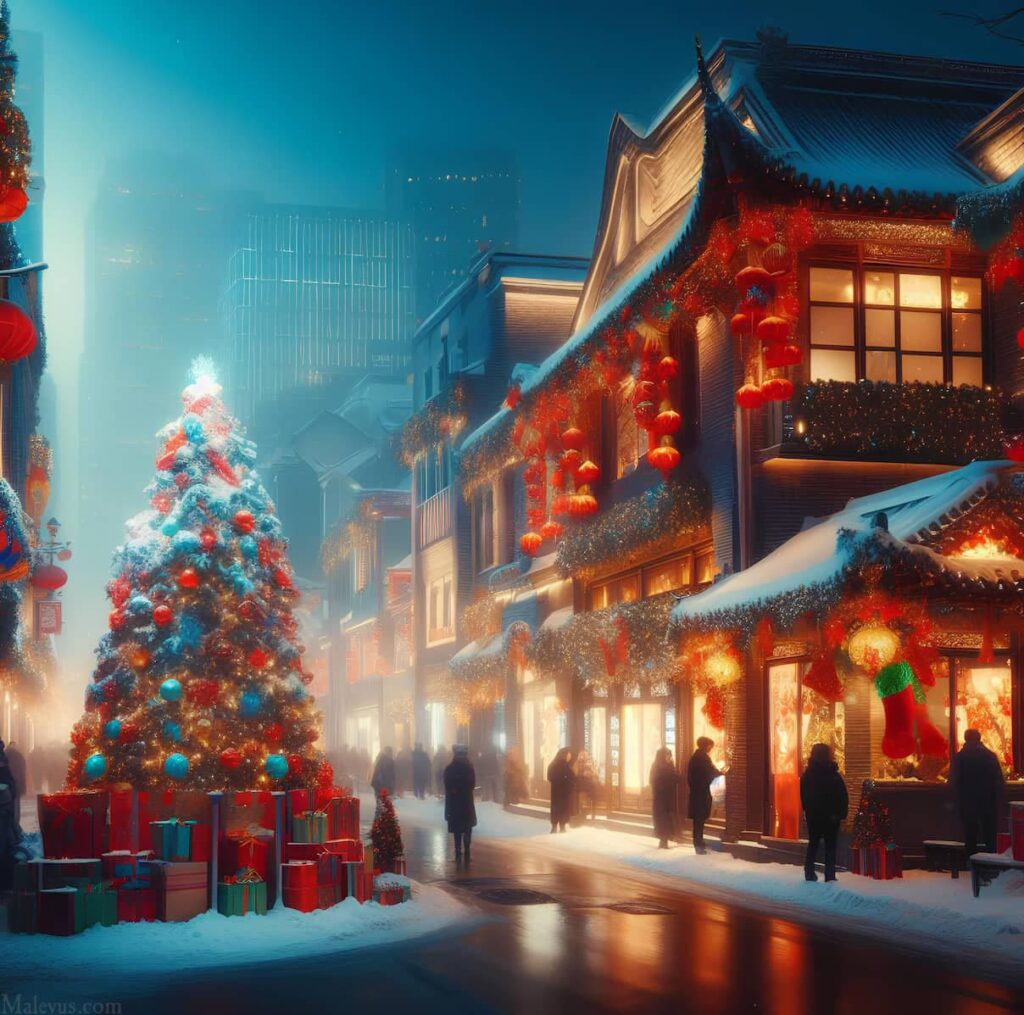
Christian influence, other foreign cultural influences, and contemporary globalization all contributed to the establishment of Christmas in China. Former colonial control in China (and the rest of Asia) beginning in the 16th century is responsible for introducing the holiday to several formerly non-Christian regions. For instance, being a former British colony until 1997, Hong Kong celebrates Christmas as a legal holiday.
Thousands of Protestant missionaries arrived between 1840 and 1949 in China, established schools, and introduced new customs, including Christmas. However, the Qing government’s (1636–1912) tense relationship with Christian missionaries resulted in occasional bans and other restrictions.
Christmas was not popularly celebrated until the 1920s, when it was given the name Shengdanjie (literally “birth of a saint”). Slowly rising currency rates after the economic reforms of 1978 sparked a renaissance of Christmas, notably in the 1990s. As the public learned more about the holiday, it was frequently divorced from its religious roots and celebrated primarily for its secular significance.
Shanghai and Beijing were among the first major cities to see Christmas decorations, with smaller towns throughout the nation following suit.
Why Does China Ban Christmas?
Christians have been present in China since at least the 7th century AD, according to the Xi’an Stele. However, after 1949, when the People’s Republic of China was officially established, Christmas was seen as a symbol of Western imperialism and was widely discouraged or openly outlawed. Christmas has been outlawed in China on many occasions in the last few decades.
The Chinese government is fond of banning Christmas in an effort to suppress religious practices with foreign influences. Authorities in the Chinese city of Langfang, Hebei Province, banned public Christmas decorations in December 2018, claiming the need to “preserve equilibrium” and prevent societal turmoil. An official document prohibiting Christmas festivities in schools was released by the Department of Education in Rong’an County, Liuzhou City, in December 2021.







